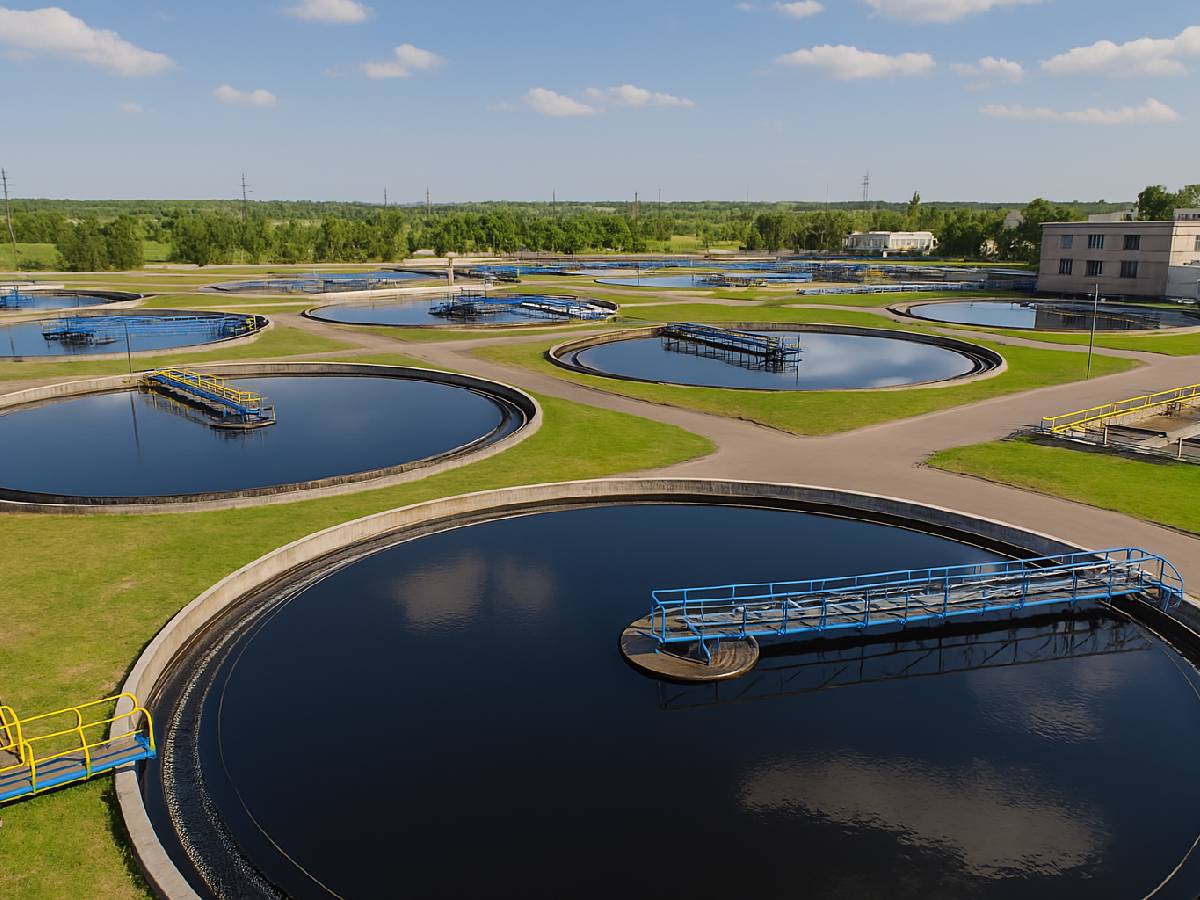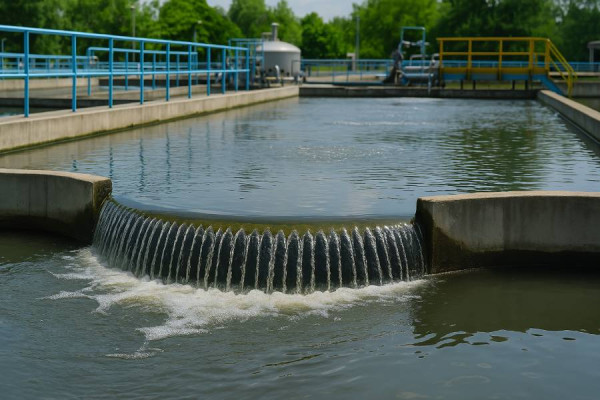News & Blogs
From Waste to Resource: How Advanced Wastewater Treatment is Changing the Game

Water is one of our most precious resources, yet increasing pollution from industrial and domestic wastewater treatment poses a major challenge. With growing concerns about water scarcity and environmental sustainability, wastewater treatment has become more than just a necessity; it's an opportunity. Advanced wastewater management techniques are transforming sewage treatment plants from waste processors into resource recovery hubs, providing sustainable water solutions for communities and industries alike.
The Importance of Wastewater Treatment
Addressing the Environmental Impact of Wastewater
Untreated wastewater contains harmful pollutants, including chemicals, heavy metals, and pathogens, which can cause severe damage to ecosystems and human health. Proper wastewater management reduces pollution, protects aquatic life, and ensures safe water sources for future generations.
Sustainable Water Solutions for a Growing Population
With global water demand rising, effluent treatment plays a crucial role in water purification. Treated wastewater can be safely reused for agriculture, industrial processes, and even potable applications, easing pressure on freshwater resources.
Understanding the Wastewater Treatment Process
Primary Treatment: Removing Large Contaminants
The first stage of sewage treatment involves removing large solids and debris through screening and sedimentation. This process prevents damage to downstream equipment and reduces the overall pollutant load.
Secondary Treatment: Breaking Down Organic Matter
Biological processes come into play here, using bacteria to break down organic pollutants. Activated sludge systems, trickling filters, and biofilm reactors are common methods used in this phase.
Tertiary Treatment: Advanced Water Purification
For higher water quality, advanced treatment methods such as membrane filtration, chemical disinfection, and reverse osmosis are employed. This stage ensures that the treated water meets stringent environmental and health standards before discharge or reuse.
Cutting-Edge Technologies Revolutionizing Wastewater Treatment
Membrane Bioreactors (MBRs)
Combining biological treatment with membrane filtration, MBRs offer highly efficient wastewater treatment with superior effluent quality. This technology is particularly useful in space-constrained urban areas and industrial wastewater applications.
Advanced Oxidation Processes (AOPs)
AOPs utilize chemical reactions to break down persistent organic pollutants, pharmaceuticals, and industrial chemicals, making them ideal for treating complex wastewater streams.
Resource Recovery: Turning Waste into Value
Modern sewage treatment plants are evolving into resource recovery facilities. Processes like anaerobic digestion generate biogas for energy production, while nutrient recovery systems extract valuable elements like phosphorus and nitrogen for agricultural use.
Benefits of Advanced Wastewater Management
- Environmental Protection: Reduces pollution and safeguards ecosystems.
- Water Reuse and Conservation: Provides a sustainable water source for irrigation and industrial use.
- Energy Efficiency and Cost Savings: Advanced treatment methods optimize resource use, reducing operational costs.
- Compliance with Regulations: Helps industries and municipalities meet stringent environmental laws.
FAQs About Wastewater Treatment
What is the difference between sewage treatment and effluent treatment?
Sewage treatment deals with municipal wastewater from households, while effluent treatment focuses on industrial wastewater containing specific contaminants.
Can treated wastewater be reused?
Yes, depending on the treatment level, reclaimed water can be used for irrigation, industrial cooling, and even drinking water in some cases.
How does wastewater treatment help combat water scarcity?
By purifying and reusing wastewater, advanced treatment systems provide an alternative water source, reducing dependence on freshwater supplies.
What are the latest trends in wastewater treatment?
Key trends include smart monitoring systems, AI-driven process optimization, and decentralized wastewater solutions for remote areas.
Wastewater treatment is no longer just about waste disposal it’s about resource recovery, environmental protection, and sustainable water solutions. As technology advances, sewage treatment plants will play a critical role in ensuring clean water for future generations while minimizing the environmental impact of wastewater. Investing in innovative wastewater management strategies today will pave the way for a more sustainable and water-secure tomorrow.



-1742900752.jpg)